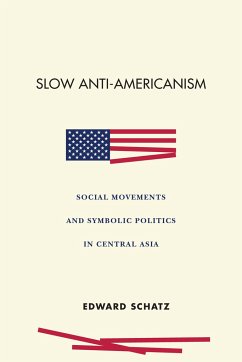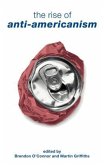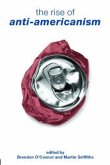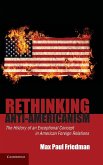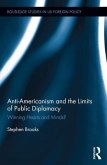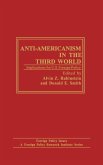"As the United States' global image shifted during the 1990s and 2000s, so too did anti-American dynamics. This shift in image - a deterioration, as Ed Schatz puts it - was not only watched by social mobilizers, radical Islamist leaders, and labor organizers, but integrated into a new schema used to frame the grievances of American imperialism's victims. Schatz traces the progressive deepening of anti-American sentiment in post-Soviet central Asia using the lens of symbolic politics. Drawing on extensive qualitative and quantitative data, he demonstrates how changing public attitudes can have significant sociopolitical consequences. He bypasses the direct link between public opinion and policymaking and instead focuses on the link between public opinion and popular mobilization; the development of this relationship empowers some social actors and disempowers others. This book illustrates how anti-Americanism in central Asia is best described not as a rising tide that swamps, nor as a rapidly spreading fire that engulfs, but as a gradual progression mounting slowly, but powerfully, toward a politically combustible movement"--
Bitte wählen Sie Ihr Anliegen aus.
Rechnungen
Retourenschein anfordern
Bestellstatus
Storno

